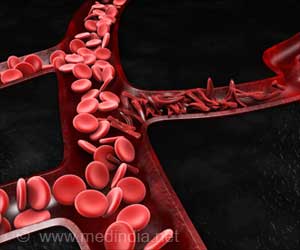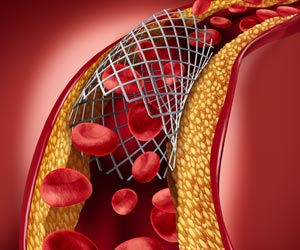Exposing the brain to electroconvulsive therapy in short bursts may help erase unpleasant memories, researchers have found

The crucial idea behind a recent experiment, conducted by Marijn Kroes and his colleagues from Radboud University Nijmegen, is an imperfect process of recalling the memories, called memory reconsolidation, Discovery News reported.
The neuroscientists hoped to disrupt this reconsolidation process by using ECT, also known as electroshock therapy.
They wanted to disturb the re-formation of disturbing or unwanted memories in patients suffering from depression.
For the experiment, Kroes took 39 patients who were undergoing ECT for severe depression. Each patient was asked to watch two rather upsetting videos, one about a child who is hit by a car and has to have his feet severed by surgeons, the other involving a pair of sisters, one of whom is kidnapped and sexually assaulted.
A week later, the researchers asked the patients to recall details about one of the two stories, after which time they were randomly sorted into three groups, A, B, and C (a control group).
Advertisement
On the other hand, recall abilities of Group C, which did not receive ECT at all, were solid, indicating that both ECT and reconsolidation is required to impair memory recall.
Advertisement








